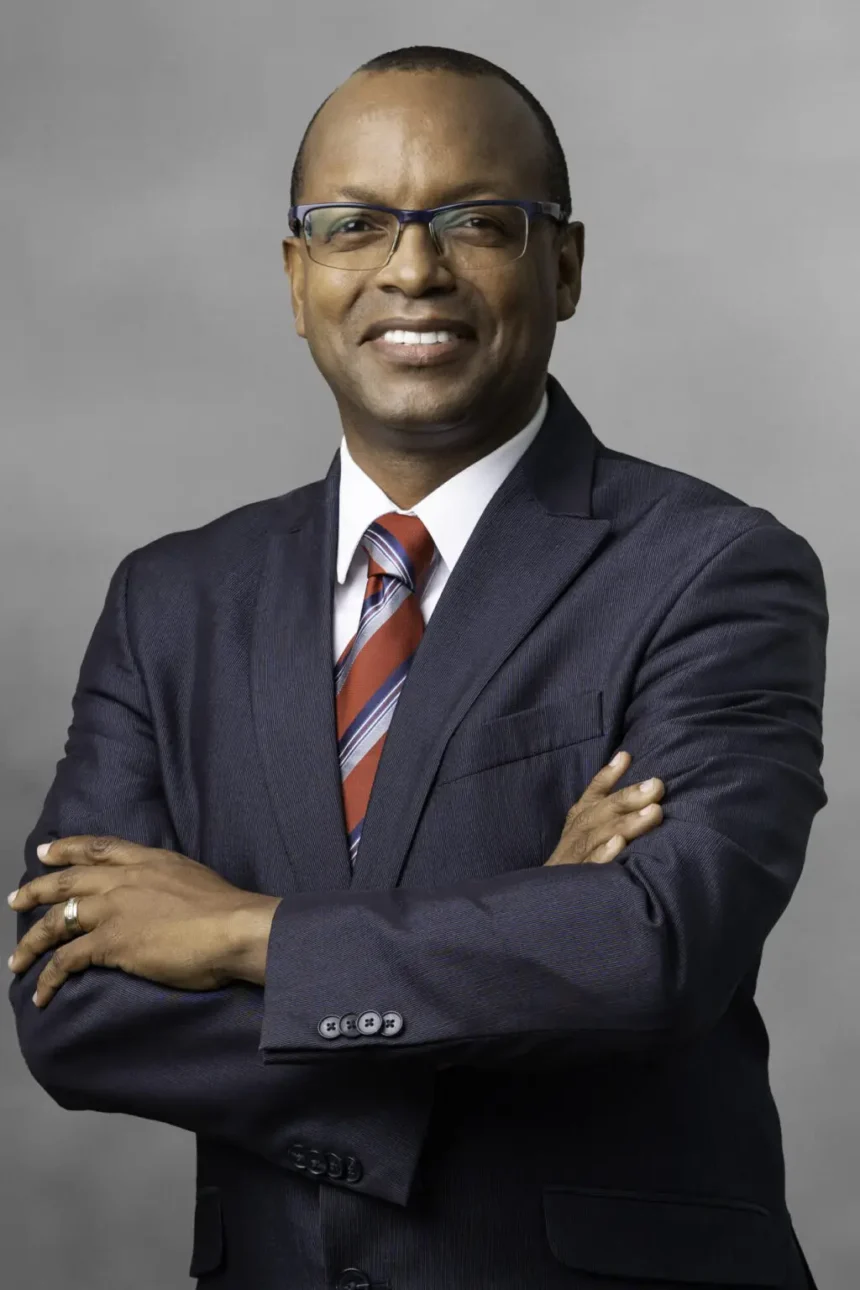GENEVA, Switzerland (AFP) — The ongoing violence in the eastern Democratic Republic of Congo (DRC) has resulted in the displacement of more than 237,000 individuals since the start of this year, the United Nations reported on Friday.
“Intensifying clashes between armed groups and the Congolese army, particularly in North and South Kivu provinces, have brought to light one of the world’s most severe yet underreported humanitarian crises,” said Eujin Byun, spokesperson for the UN Refugee Agency (UNHCR), during a press briefing in Geneva.
The conflict, she explained, is marked by “widespread human rights violations and widespread forced displacement,” with millions affected by the violence.
These two provinces alone are home to more than 4.6 million displaced people, making DRC one of the largest internal displacement zones globally. The resurgence of the Rwanda-backed M23 group, which Kinshasa labels a “terrorist organization,” has led to territorial gains in eastern DRC since 2021. The region, known for its abundant natural resources, has faced ongoing conflict for three decades.
In recent weeks, the M23 has continued its advances, seizing control of Masisi, the administrative capital of the Masisi territory in North Kivu. From January 1 to 6, the escalating conflict in Masisi and Lubero territories forced approximately 150,000 people to flee their homes.
“These civilians initially sought refuge within Masisi territory, but they were soon displaced again as the violence spread further,” Byun stated, emphasizing the constant uncertainty and growing fear among civilians. Reports also highlight the forced recruitment of civilians and suspicion toward those caught in the violence.
Despite temporary relief on January 4, when some 25,000 displaced individuals returned to Masisi-Center, the security situation quickly deteriorated again, forcing them to flee once more as fighting intensified.
In addition, the Fizi territory in South Kivu has seen the displacement of another 84,000 individuals. Local governments have called for urgent international humanitarian support.
“Civilians continue to endure indiscriminate bombings and rampant sexual violence,” Byun said, condemning the use of heavy artillery that has caused numerous civilian casualties, including many children.
The UNHCR further emphasized that the security situation is severely hampering humanitarian access, leaving displaced populations without adequate shelter, food, clean water, and medical care.
“The ongoing violence has made it increasingly difficult for humanitarian workers to reach those in need, as roadblocks, insecurity, and armed groups prevent access,” Byun explained. “In some instances, fighters are using civilians’ homes as shelters, effectively putting entire communities at further risk.”
UNHCR has expressed its readiness to deliver assistance as soon as security allows but warned that additional funds are urgently needed. The agency has appealed for $226 million to assist the people of DRC this year, but so far, only a small fraction of the required amount has been received.
As the crisis deepens, the UN agency continues to call for immediate action to address the growing needs of the displaced populations in the region.






